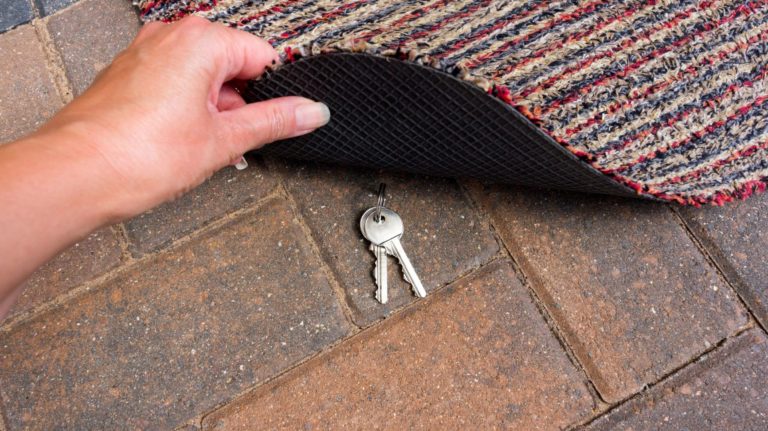Teaching children the dangers of malware

Many people allow their children to access their personal computers, tablets or mobile phones at home. Even if the kids use their own personal devices, these are linked to the family network and can easily be connected to each other. But what happens if they access or download something they shouldn’t?
You might know not to open that email, but your child may not. If they click a malicious link, it could infect their device with a virus. If they then connect their device to yours, your device may get infected. From there, you could bring your device into your workplace and connect it to your work systems, creating a widespread problem.
The best way to prevent this risk is to educate your children on the best ways to practice computer safety and ensure you have protection in place to mitigate the risks.
Establish the boundaries
Work with your children together to draw up an agreement which you all aim to stick with. This will detail what is acceptable and unacceptable behaviour online, what is safe to download and what they should avoid.
For example:
Downloads
| Safe | Avoid |
| iTunes | Piratedownloads.com |
| Amazon | Scurvystreaming |
| Spotify | Hitdabeats675 |
This will give your children something to cross-reference back to, and as they’ve had an input into the agreement, they should be more likely to stick to it.
Avoid pirate sites
Not only is downloading content from pirate sites illegal and classified as theft, but it’s also an incredibly risky move for your computer’s security. When content is downloaded, a whole host of malware could be downloaded with it. Advise children to avoid sites of this nature altogether.
Be involved
Keep an active interest in your children’s online activity. Have a chat with them to establish what they do online and find out which sites they usually go on. This needn’t be intrusive, just sit with them and offer any guidance and support if you see anything that could catch them out.
Take advantage of privacy settings
If there are certain devices which you really don’t want your children to access, such as a work mobile, add a lock to these or take advantage of fingerprint, face recognition or retina security.
For any device your children can access, work with the settings you have to make the device as safe as possible. Check out the controls your device has in its settings. iOS devices allow you to restrict certain features, so you can stop your child from accessing any restricted apps. You can even create hidden folders of any restricted apps that you can’t delete.
For Android users, explore setting up a family link account which enables you to choose the apps your child has access to and notifies you on the apps they’re using most frequently during the week. This also allows you to put restrictions on other areas, including:
- Safe search controls
- App permissions
- Download and purchase controls
- Password management
Put them in charge
Once you’re confident what your child understands is acceptable online, equip them with the knowledge to make their own stand. Show them how to flag or report inappropriate content and teach them what actions to take if they’re faced with difficult content online. This will give them the confidence to deal with it themselves and be aware of their own actions online.
Keep the lines of communication open
With digital space consistently growing and evolving, keep the conversation going with your children. Even with all the right settings in place, something can still slip through the net, whether that’s due to a missed app or leaving your desktop unlocked in error. Be aware that nothing is watertight in digital space, so stay vigilant.
With that in mind, should something go wrong, it’s important to have protection in place if you’re affected by a cyber-attack. Whether you’re self-employed and reliant on your family network and devices or if you’re a corporation concerned with cybersecurity, we can help you get covered against the risk of malware, data breaches and other criminal activity.
Simply give CCS Insurance Services a call on 01483 726777 to find out more.







